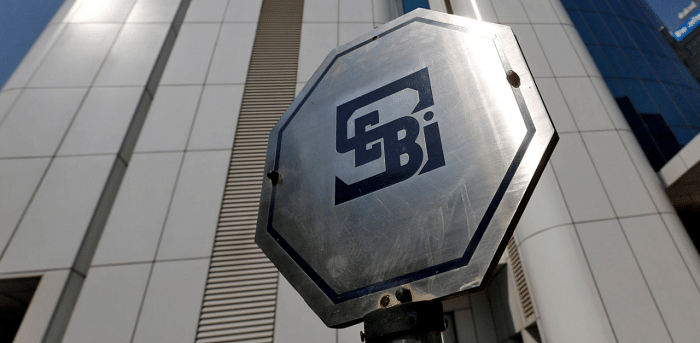
Insider trading refers to the use of unpublished price-sensitive information (UPSI) — by persons involved in the working of a company, referred to as 'insiders' — in share trading exercise.
According to Sebi [Securities and Exchange Board of India] regulations, an insider is a person who has access to UPSI, and has been associated with the company till at least six months prior to the trade. Simply put, it refers to company directors, employees, their relatives or outsiders, including stock exchange officials and legal counsels, who have been given access to the information for personal gain.
Also Read — Gitanjali Gems case: Sebi bans Mehul Choksi, another individual from capital markets for 1 year
Also, Sebi defines UPSI as information pertaining to a company's quarterly results, mergers, acquisitions, expansion planning and shutdown, which have not been shared with the public.
Insider trading is curbed to ensure a level playing field of capital markets as, without the same, retail investors stand to lose out due to a lack of inside information on the company's direction.
The Ramakrishna incident
Sebi has charged Chitra Ramakrishna, former CEO and MD of the National Stock Exchange (NSE), for violating her work contract conditions. She has been charged with sharing internal information with an unknown outsider, claimed to be a 'yogi' (spiritual guide) and also for preferential treatment towards one Anand Subramanian, Group Operating Officer and Advisor to the MD.
"Hence, there appears to be a glaring conspiracy of a money-making scheme that involves Ramakrishna and Subramanian with the unknown person, by which Ramakrishna would increase the compensation granted to Subramanian and he would then pay the unknown person from such increased compensation. This gives further credence to the allegation that there was an arbitrary and disproportionate increase in compensation granted to Subramanian by Ramakrishna," a notice by Sebi said.
The regulator has levied a fine of Rs 3 crore on Ramkrishna, Rs 2 crore on Subramanian and Rs 6 lakh on V R Narasimhan, who was the chief regulatory officer and chief compliance officer.
Watch the latest DH Videos here: